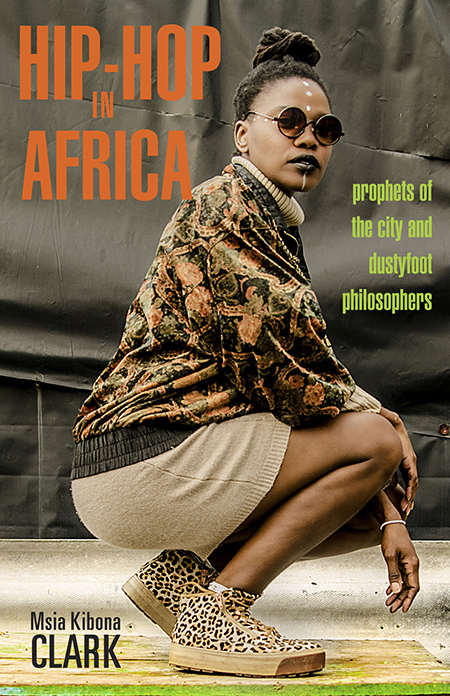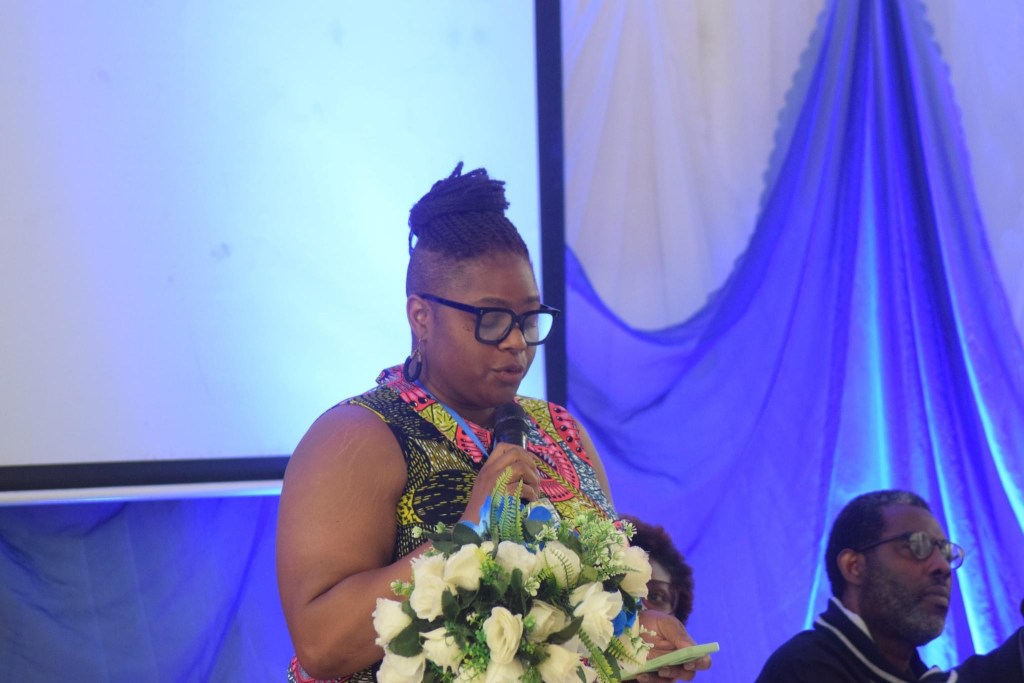
Hi. I’m Dr. Msia Kibona Clark, an Associate Professor in the Department of African Studies and the Director of the Hip-Hop Studies minor at Howard University.
As a professor of African cultural & feminist studies, my work focuses on African cultural representations in hip hop and popular culture. My work includes over two dozen scholarly works in African cultural studies, including the text Hip-Hop in Africa: Prophets of the City & Dustyfoot Philosophers.
My work also explores African feminism’s role in cyberfeminist spaces. My 2023 book African Women in Digital Spaces: Redefining Social Movements on the Continent and in the Diaspora is a collection of poetry, essays, & scholarship on African feminist conversions around race, gender, and sexuality, co-edited with Ghanaian feminist activist and scholar Dr. Wunpini Fatimata Mohammed.
I also teach Hip Hop & Social Change in Africa at Howard University and George Washington University, as well as Black Women & Popular Culture at Howard University. My digital scholarship includes producing The Hip Hop African Blog and Podcast, as well as my work as a photographer, documenting hip hop culture.
Hip-Hop Studies
As part of a hip-hop studies committee formed at Howard University in 2019, we held our first Hip-Hop Studies conference in 2023. Our first conference celebrated 50 years of Hip-Hop. The annual conference has been held every year in November, Hip-Hop History Month. The conferences bring together over 200 academics, students, artists, and activists for three days of presentations and performances.
Howard University launched its Hip-Hop Studies minor in 2024, becoming the second HBCU, after Morgan State University, to establish such a program. Howard’s connection to Hip-Hop dates back to 1991, when the university hosted the first academic Hip-Hop conference. Since then, Howard has remained a pivotal institution in Hip-Hop culture, celebrated for its iconic Homecomings, influential alumni in the Hip-Hop industry, and faculty dedicated to advancing the field. The new minor provides Howard students with an exciting opportunity to explore Hip-Hop through scholarship, performance, and industry engagement.
HIP-HOP IN AFRICA CLASS











